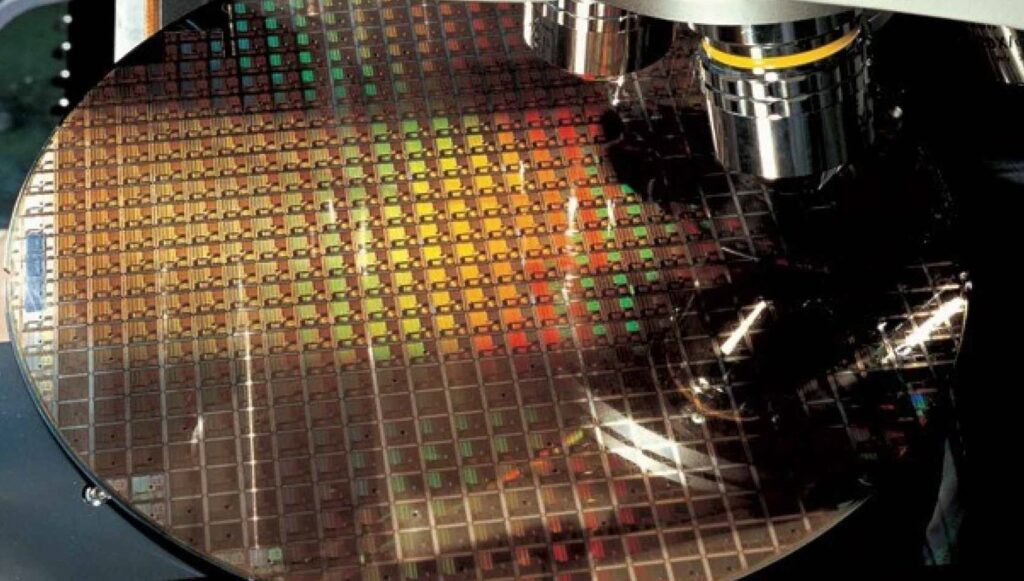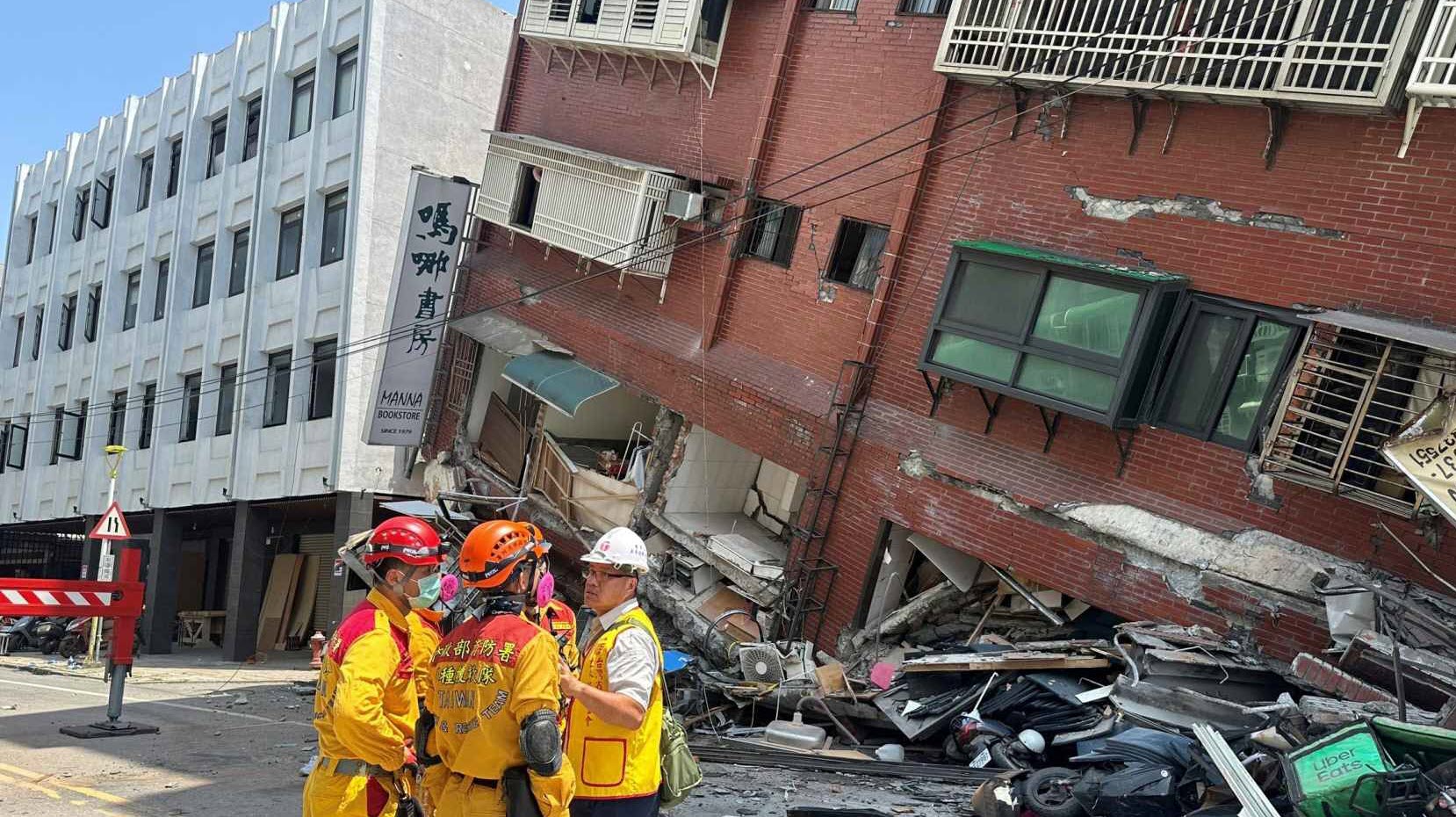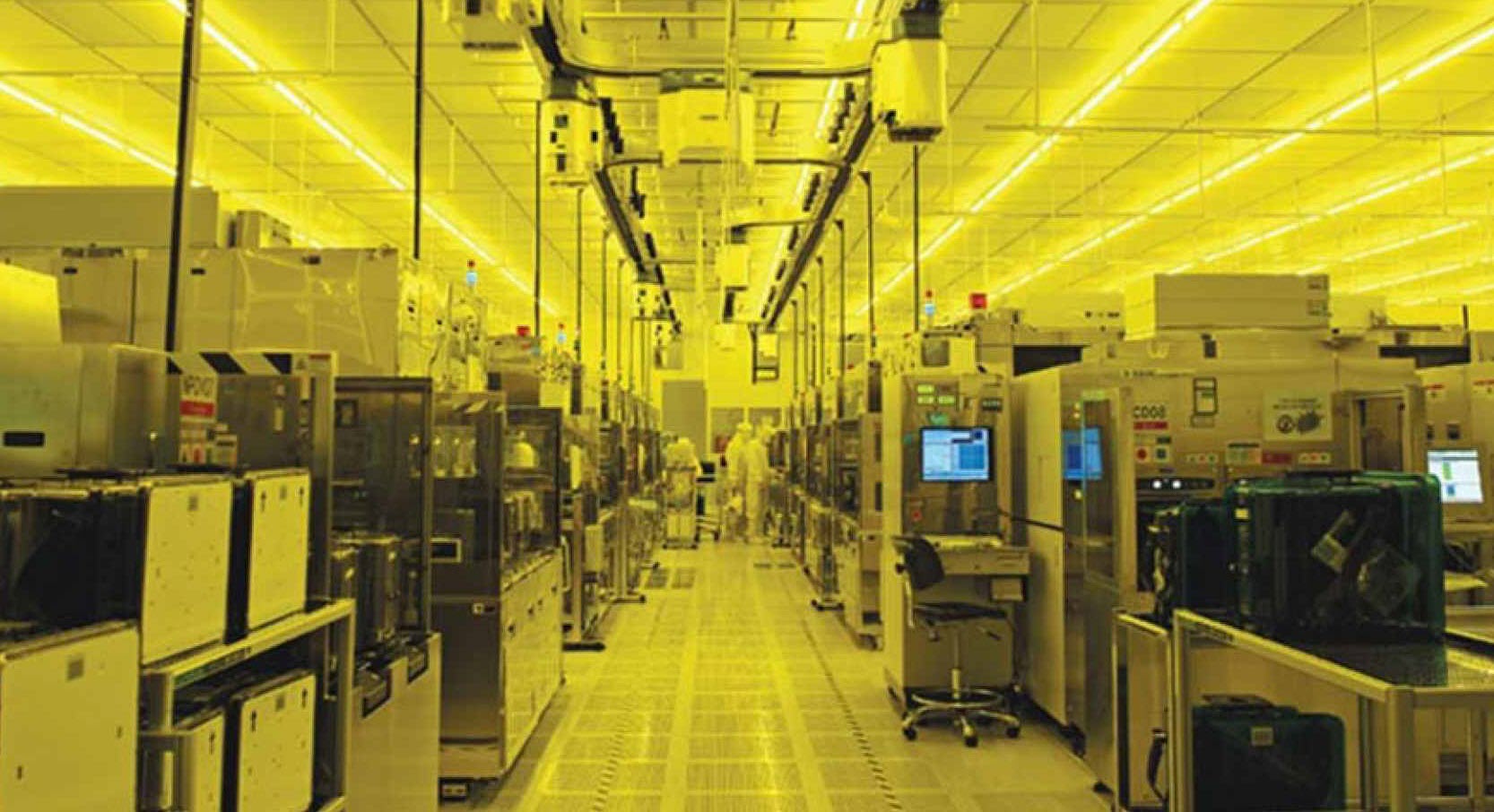Other Technology | May 15, 2024

The effects of the Taiwan earthquake are already making themselves felt in the technology industry, due to the role of its chip factories.
A series of earthquakes in Taiwan, the largest being a magnitude 7.4, has resulted in the deaths of at least nine people and injured at least 900 others. Authorities are still assessing the impact of the earthquake, the most powerful in the last 25 years, on public infrastructure.
There are already reports of buildings toppled by the earthquake, which lasted an hour and a half. However, a major question that many experts are still asking is whether the tragedy could extend to the economic and industrial sectors of the area and the potential consequences it could have for the global technology sector.
Indeed, it is well known that Taiwan is one of the major producers of technological components in the world; specifically, its chip factories are among the most important in the industry. Although the initial reports are promising in this regard, the first effects of the earthquake are already starting to be felt.
TSMC, one of the world’s largest chip manufacturers, is one of the main companies affected by the Taiwan earthquake; as a result, this may impact the prices of future mobile phones, computers, and other technological devices that use chips made by the brand.
The company has confirmed a complete evacuation in the areas affected by the earthquake, resulting in an operational shutdown for approximately six hours. On the positive side, TSMC has confirmed that there were no fatalities or injuries among its staff, thanks to adherence to evacuation protocols activated as soon as the earthquake occurred.

Initial inspections of TSMC’s factories have not revealed significant damage, but a comprehensive evaluation is still underway to determine the true extent of the seismic event. This is especially important, considering the precision of the machinery used for manufacturing chips at 4 nm and even smaller scales.
Other manufacturers, such as UMC, PSMC, and Innolux, have reported similar situations; all have had to temporarily close many of their factories, but not all, and only as a preventative measure. The epicenter of the earthquake was located on the eastern part of the island, while most of the chip factories are situated on the west coast, in the Hsinchu Science and Industrial Park. Thanks to this, in areas like Kaohsiung, production was never halted.

Although a six-hour stoppage at some factories may seem minor, it can actually have significant effects on product launches in the coming months. The tech sector was already in a state of crisis before the earthquake, due to a shortage of chips driven by high demand.
All of Taiwan’s factories already have their schedules booked for the coming months, and even years, with orders for new chips based on TSMC’s manufacturing processes. Companies such as Apple, Nvidia, and Qualcomm largely depend on this production pace never slowing down in order to meet their own deadlines.
A mere six-hour stoppage, along with potential further shutdowns for repairs and machinery changes, could be the start of a ‘snowball effect’ that grows larger in the coming months. These delays can lead to price increases, especially if it becomes necessary to halt the production of certain models to start on the next ones. This situation highlights the delicate balance of supply chains in the tech industry and how quickly disruptions can ripple through the global market.